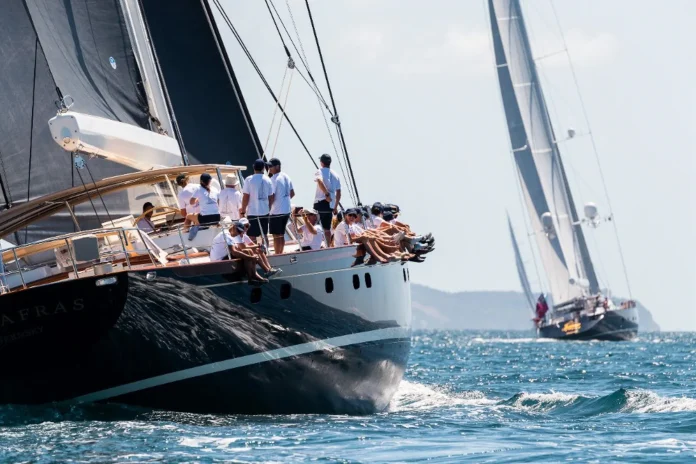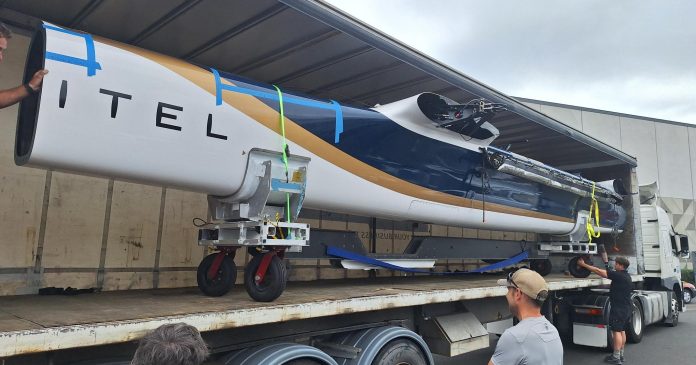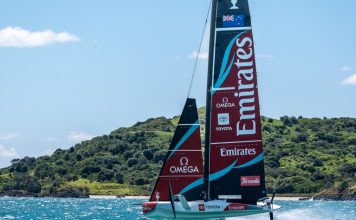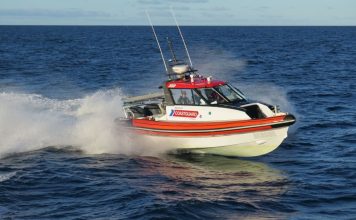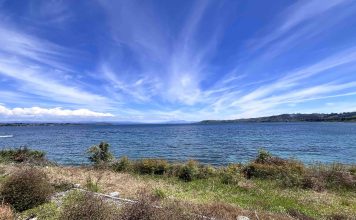A shared challenge for a shared ocean
Sydney’s harbour will take on a new kind of energy this month when the Maritime Emissions Reduction Coalition (MERC) hosts Discover Maritime Innovations 2025. The one-day conference brings together operators, suppliers, entrepreneurs, and academics with a common purpose: to cut greenhouse gas emissions from one of the world’s most complex and essential industries.
Australia’s (and New Zealand’s, for that matter) maritime footprint spans ferries, fisheries, offshore wind, and defence. Each faces the same urgent question — how to decarbonise while keeping the wheels of commerce turning. MERC was created to tackle that question head-on. The coalition unites stakeholders across manufacturing, energy, finance, government, and education to help maritime businesses move from pilot projects to fleet-wide change. It advocates for supportive policy, connects innovators with early adopters, and helps scale home-grown technologies that strengthen Australia’s sovereign capability in clean marine operations.
A day of ideas and practical tools
The Sydney conference is designed to be dynamic and hands-on. Two blocks of sector panels will run across eight streams, covering marine tourism, ports, offshore construction, defence, aquaculture, marinas, and boatbuilding. Each session focuses on what’s already working — and what needs to change next.
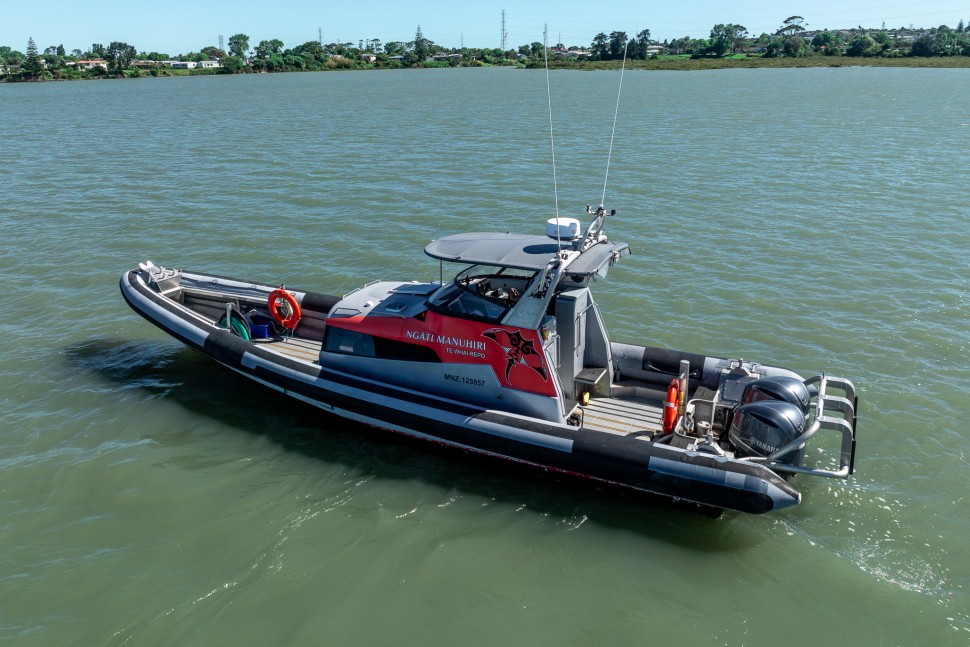
Between panels, a string of innovation talks will spotlight real solutions. EV Maritime’s CEO Michael Eaglen will outline a global outlook for ferry electrification, drawing on the company’s work leading Auckland’s low-emission ferry programme and advising governments and transit agencies worldwide. EV Maritime’s 200-passenger electric fast ferries, now entering service for Auckland Transport, demonstrate how modular design and standardised systems can make electrification commercially viable at scale.
Another Kiwi voice, Fiona Bycroft, co-founder and CEO of Naut, will share lessons from a decade of developing electric propulsion systems in real-world conditions. Her talk, Enabling Marine Electrification Through Practical Innovation, explores how flexible, boat-agnostic powertrains allow operators to choose vessels that fit their mission while still going electric — a user-first approach that lowers barriers to adoption.
Innovation across every current
The programme broadens far beyond batteries. Hullbot’s underwater cleaning robots slash drag and fuel burn; Greenroom Robotics showcases autonomous survey vessels that cut emissions by 80 per cent; Ampcontrol walks through grid-to-dock charging infrastructure; Tidetech demonstrates AI voyage optimisation; and Refuelling Solutions presents renewable diesel as a direct drop-in for commercial fleets. Even traditional trades are being rethought, with EClass Outboards retraining marine mechanics to retrofit familiar outboard casings with zero-emission drives.
By the end of the day, delegates will have seen a blueprint for the maritime energy transition — one built not on distant promises, but on working technologies and collaborative ambition.
MERC’s message is clear: decarbonisation is no longer a theoretical exercise. It’s a practical voyage already underway — and from New Zealand to Australia, innovators are charting the course.













